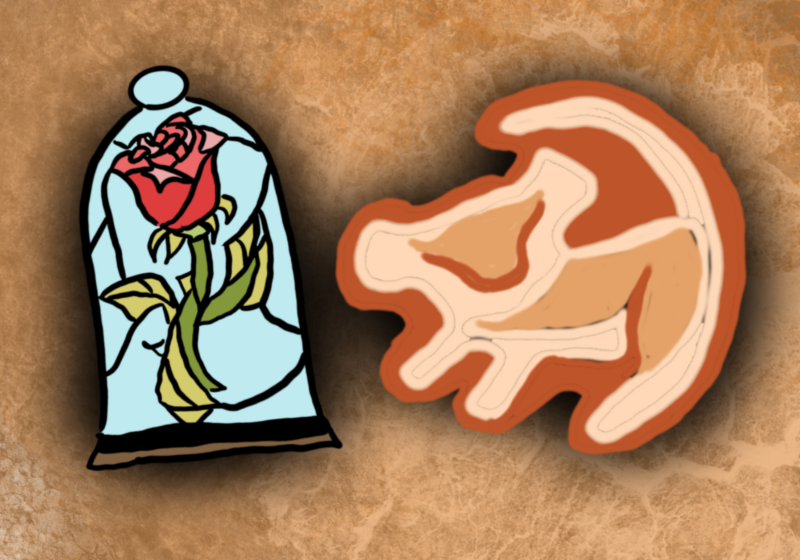The official SA page for the “It’s On Us” campaign to combat campus sexual assault is filled with resources. After a clear statement of the goals of the campaign, there’s a tab that allows students take a symbolic, public pledge to act not as “a bystander to the problem, but to be a part of the solution.” Below, a link is provided for students who wish to publicly show their support for victims of sexual assault; there, they can post pictures of themselves taking the pledge, and are encouraged to share the pledge with their respective organizations. Finally, contact information for UCC, UHS, the Title IX coordinator, MOVE, and SEGWAY is provided.
The page is informative, clear, and, most importantly, includes a very clear call to action. Today, campus sexual assault is discussed freely and openly, with students more conscious than ever of the nuances and boundaries of consent. “It’s On Us,” while obviously still ongoing, seems to have been a strong success.
With that in the mind, the exceptionally tone-deaf start to the “We’re Better Than THAT” campaign is all the more baffling.
Though there are far more significant issues, one can’t help but start with the clunky name. “We’re Better Than THAT” is indicative of passivity, of refusing to participate in racism, as if bigotry was a vice one needed to abstain from. Part of what made “It’s On Us” so successful is that acknowledged the need to confront sexual assault head-on.
The language of the “We’re Better Than That” page speaks to learning “ways to react when we offend others or are offended by them,” which begs the question: Is something automatically racist if it causes offense? The rest of the page is equally muddled, promising a crusade to end racism and hate speech on campus, with nothing specifically laid out. This may sound like a gripe about semantics, but consider for a moment the nuance of culturally- and racially-sensitive language. Tiny details are deeply important.
In addition, the video contest seems to be the exact opposite of what this campaign should be looking to accomplish. Instead of a campus-wide effort that would be unavoidable as long as you leave your dorm and use Facebook every once in awhile, the video contest restricts participation to the students with the expertise, time, and inclination to write, shoot, and edit a creative video about confronting racism. Raise your hand if you have time in your schedule for that. The winning video will be shown during orientation next fall, but that precludes the other 75 percent of students on campus of seeing the video in an educational setting.
Obviously, the Campus Times is in favor of an administrative effort to combat campus racism, and this campaign, though flawed, is certainly timely. Any step toward a more inclusive campus is a step in the right direction. However, as evidenced by “It’s On Us,” there was a chance for a giant leap here; rather, “We’re Better Than THAT” feels like one small step.
Going forward, we recommend more clearly-defined goals and practical means of achieving them. The committee needs to critically reevaluate the message sent by that onerous slogan, and look to “It’s On Us” for an example of a succinct, memorable slogan that it is a distinct call to action. Aside from the slogan, “It’s On Us” should serve as a model for how simple, developed messages can be conveyed in a way that effect change.




